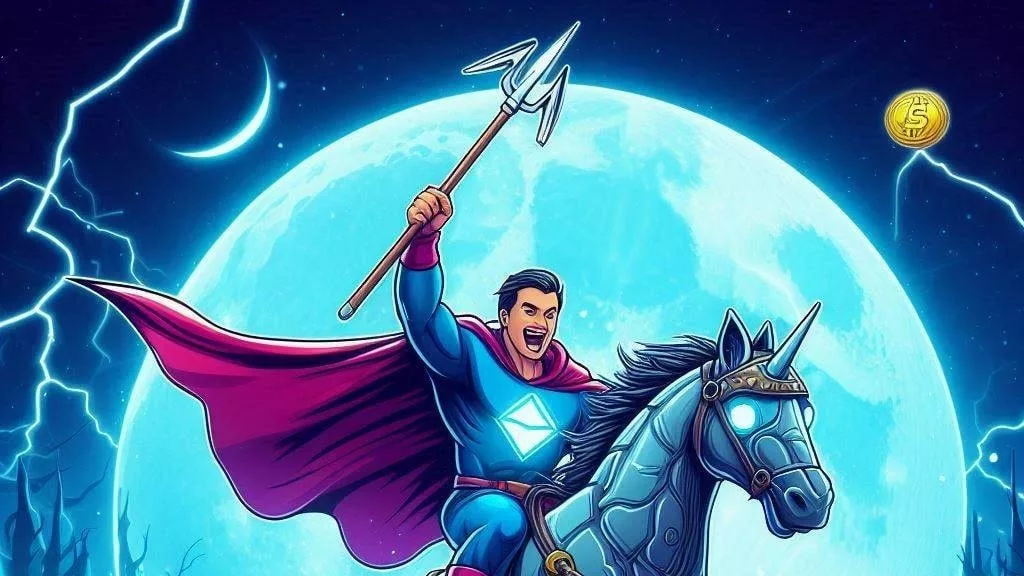
In the heart of the ongoing Ukraine crisis fueled by the Russian invasion, Gavin Wood, the founder of Polkadot, finds himself under the spotlight for an unexpected turn of events. A proposed $5 million donation from Wood to support Ukraine’s government during these turbulent times has not only raised eyebrows but ignited a debate about the true intentions behind such an offer.
Polkadot, a blockchain interoperability platform known for its innovative approach, has been one of the projects spearheaded by Gavin Wood. The platform’s ability to facilitate communication between different blockchains has earned it a place in the limelight of the cryptocurrency world. However, the recent news surrounding Wood’s conditional donation has shifted the focus from the technological to the humanitarian.
The essence of the controversy lies in the conditions that accompany the donation. While donations to alleviate a crisis are usually expected to be unconditional acts of support, Wood’s offer comes with certain requirements that have sparked a range of responses. Some see it as a strategic marketing move, while others view it as a genuine gesture that also serves as a promotional effort.
The ongoing Russian invasion of Ukraine has triggered an international outcry, with nations across the globe condemning the military intervention. In the midst of this chaos, Wood’s conditional donation has added another layer of complexity to the situation. The cryptocurrency community, which often stands for decentralized and borderless values, is now confronted with a gesture that appears to be hedged by specific demands.
In the world of cryptocurrencies, which prides itself on disrupting traditional norms, the move by Wood has ignited a debate about the role and responsibility of prominent figures in the community during times of crisis. The question of whether such conditions are appropriate when humanitarian aid is desperately needed has struck a chord within the crypto space.
The situation also highlights the growing intersection between the digital and real worlds. While cryptocurrencies and blockchain technology have often been discussed in terms of their technical intricacies and financial potentials, they are now encountering the tangible challenges faced by nations and communities. This dynamic raises questions about how the cryptocurrency ecosystem should respond to global crises and emergencies.
Wood’s actions have not only prompted discussions within the cryptocurrency community but have also reverberated in mainstream media. The controversy underscores the evolving nature of the industry, as well as its growing impact on global affairs. Cryptocurrencies and their key figures are no longer confined to technological debates; they now have a seat at the table when it comes to geopolitical and humanitarian issues.
As discussions unfold, it’s crucial to keep in mind the humanitarian aspect of the situation. The crisis in Ukraine has led to countless lives being disrupted, and any form of support, regardless of its conditions, can make a difference. The nuances of the cryptocurrency world may complicate matters, but at the core of it all is the hope of alleviating suffering and aiding those in need.
The outcome of this controversy remains uncertain. It raises questions about the motives behind philanthropic efforts within the crypto space, the intersection of digital technology and real-world crises, and the responsibilities of influential figures. While the cryptocurrency community navigates through these uncharted waters, the importance of empathy, compassion, and genuine support should not be overshadowed by debates and disagreements.
In a world that is increasingly interconnected, the actions of individuals, even within the realm of technology and finance, can have far-reaching implications. As the story of Gavin Wood’s conditional donation continues to unfold, it serves as a reminder that every action, regardless of its origins, has the potential to impact lives and shape narratives.

Get the latest Crypto & Blockchain News in your inbox.